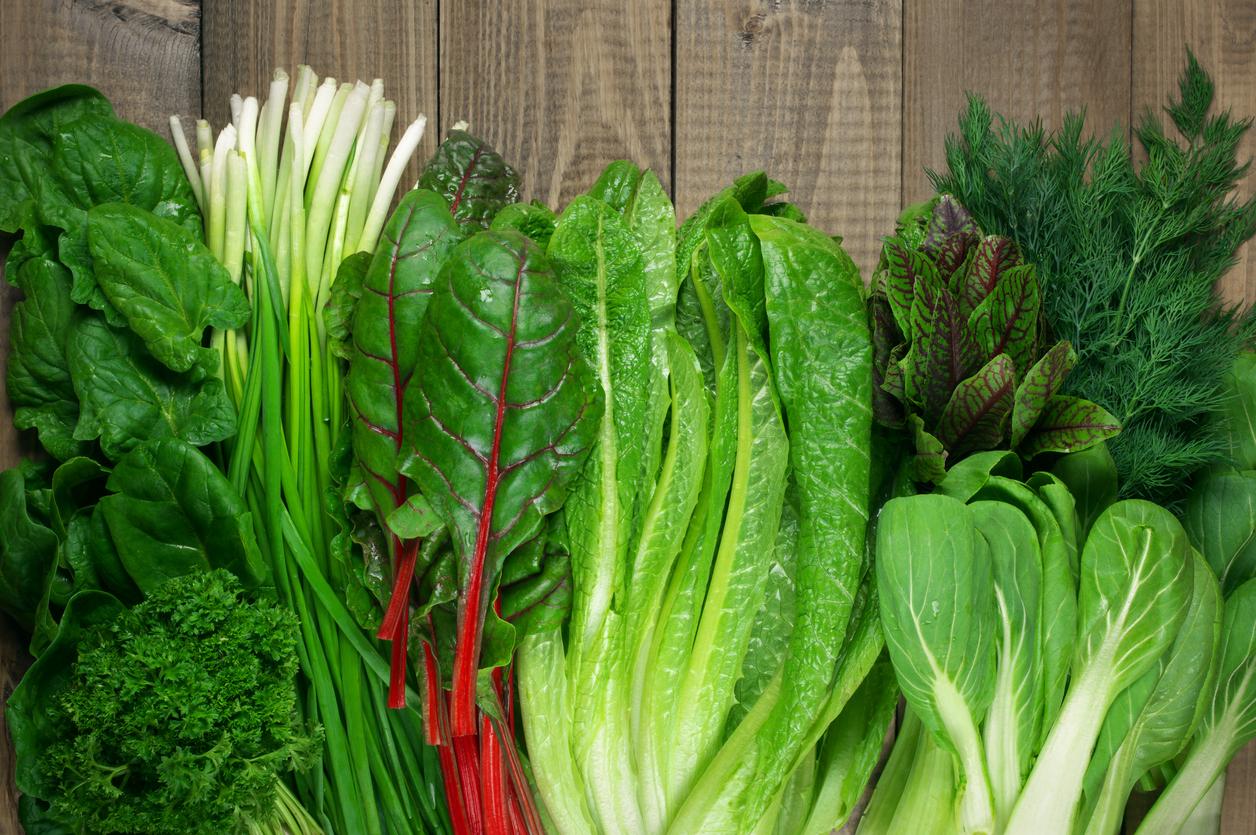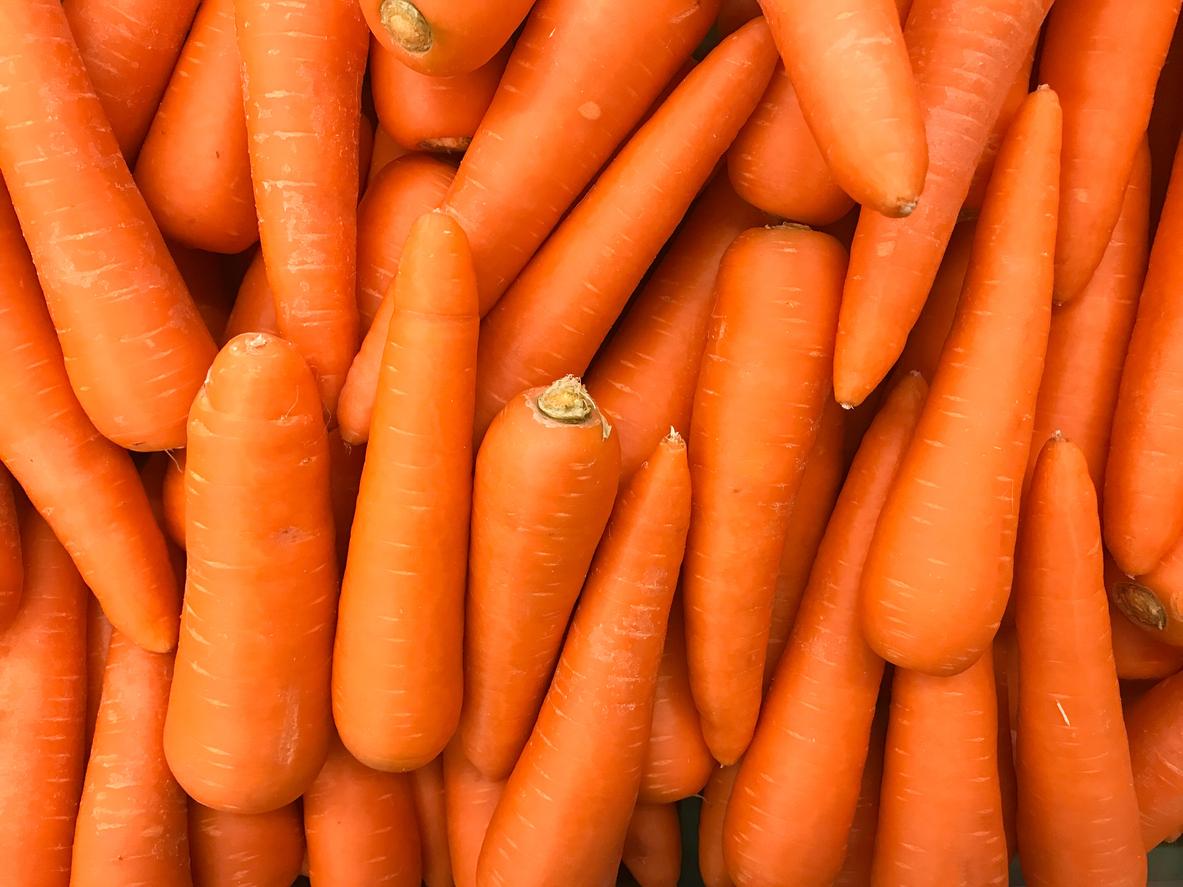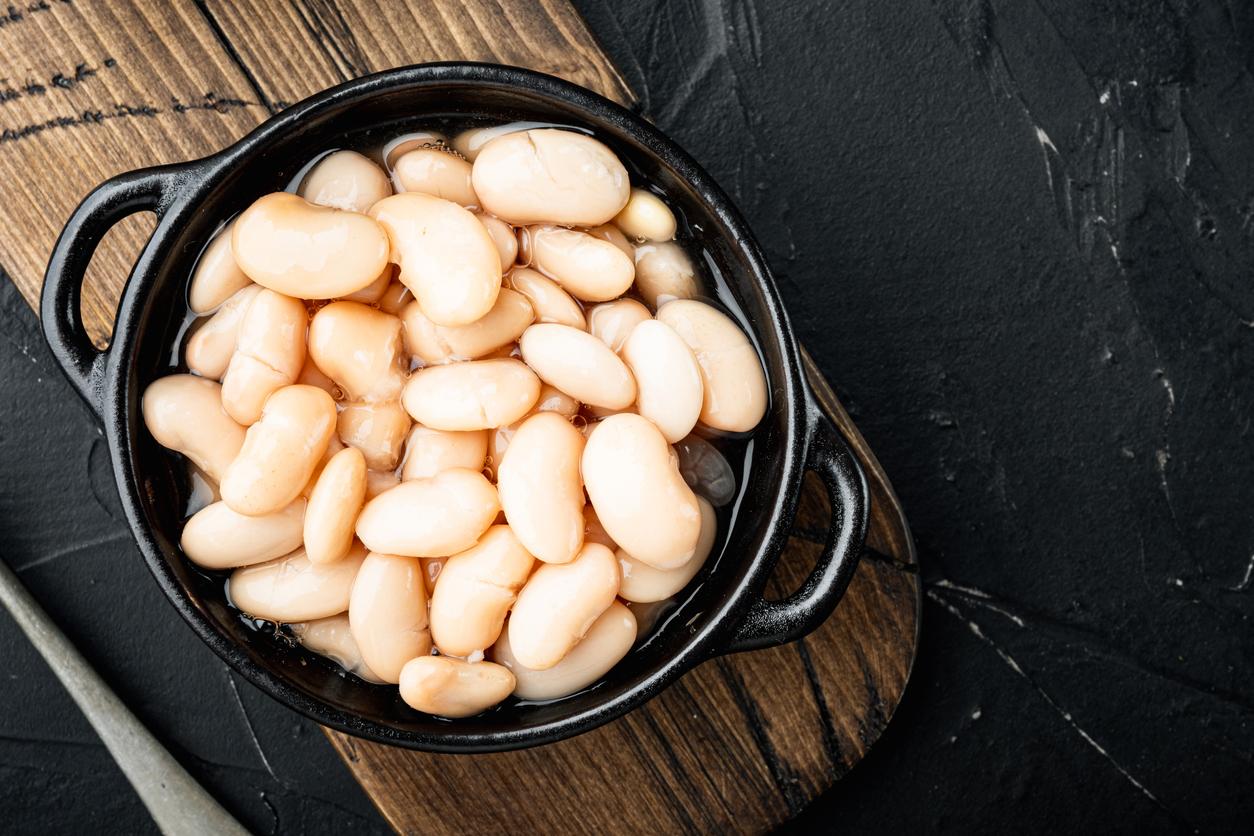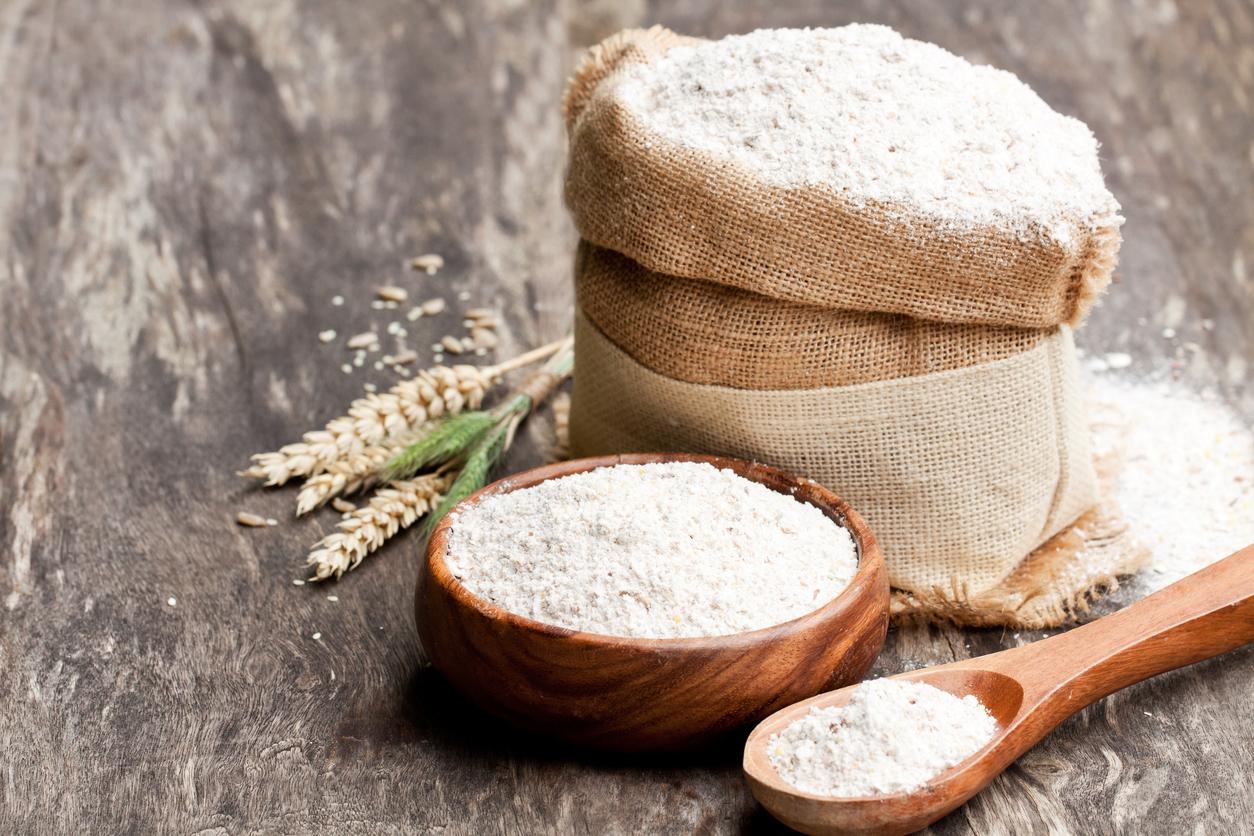Leafy greens, such as spinach, cabbage and broccoli, may play a vital role in reducing the risk of colorectal cancer, according to a new study.

- Increasing the amount of folate in our diet or taking supplements could help reduce the risk of colorectal cancer, according to the study.
- The risk of developing colorectal cancer was reduced by 7% for every 260 micrograms of dietary folate consumed.
- The team also noticed that regular consumption of vitamin B9 could have an influence on genes involved in modulating cancer risk.
THE leafy vegetables – such as spinach, cabbage, broccoli – are rarely placed in the top 3 favorite foods, especially if the respondents are children. And yet, they do us a lot of good, as demonstrated once again by the largest study carried out on the subject and published in the journal Tea American Journal of Clinical Nutrition. The researchers of theImperial College London discovered that regular consumption of these folate-rich products (vitamin B9) is linked to a reduction in the risk of colorectal cancer.
Folate: it reduces the risk of colorectal cancer
The study, funded by the world Cancer Research Fund and led by theImperial College London, analyzed data from more than 70,000 individuals to identify variants genetics that may influence the risk of colorectal cancer. Scientists found that people consuming higher levels of dietary folate reduced their chances of developing colorectal cancer by 7% for every 260 micrograms of higher vitamin B9 intake. This is approximately 65% of the recommended daily amount.
The doctor Konstantinos Tsilidis who led this work explains in a communicated : “When it comes to colorectal cancer, there are a number of steps people can take to reduce their risk, including eating a varied diet – rich in whole grains, vegetables, fruits and beans – which is supported by the conclusions of this study.”

Colorectal cancer: genes involved?
During their work, the researchers also seem to have shed light on the way in which THE folate impacts cancer risk. They, in fact, noticed that regular consumption of the nutrient could have an influence on the genes involved in modulating the risk of having the disease.
Scientists have identified an area of the genome (the location 3p25.2 on chromosome 3) may modify the association of folate supplements with colorectal cancer risk. However, they emphasize that further research is needed to better understand the genes involved and their influence on vitamin B9 and protection against malignancies.















